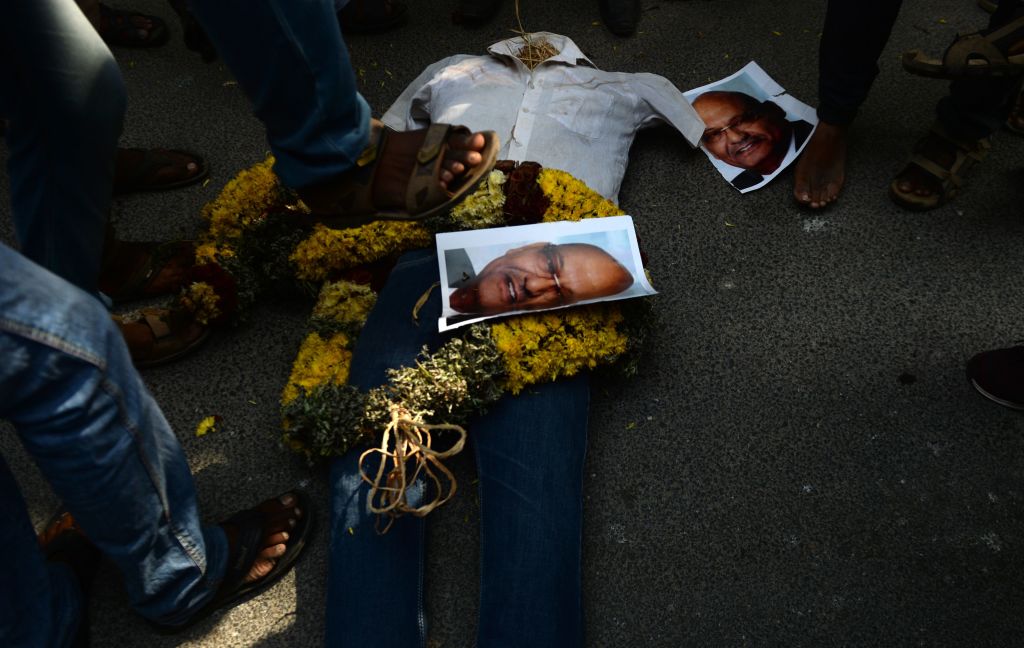- Monday, April 21, 2025
A three-judge bench led by the Chief Justice of India, DY Chandrachud, emphasised on the necessity to balance national assets with environmental concerns.

By: Shubham Ghosh
THE Supreme Court of India this week proposed setting up a “non-partisan” committee tasked with impartially assessing environmental issues and recommending additional conditions required for the potential reopening of Vedanta Sterlite’s copper plant in Thoothukudi district of the southern state of Tamil Nadu.
Making the observation, the apex court said that shutting down a plant of “national importance” will not help anybody’s purpose.
A three-judge bench led by the Chief Justice of India (CJI), DY Chandrachud, emphasised on the necessity to balance national assets with environmental concerns.
“Country should not lose its assets, but the environment needs to be adhered to. The copper plant is a necessity for the nation. There are very few copper smelters in the country,” he was quoted as saying in a report by India Today.
The Vedanta Group-owned plant has remained closed since May 2018 following a tragic incident in which 13 individuals lost their lives as police opened fire during a protest against alleged pollution caused by the plant in nearby areas.
The Supreme Court requested input from Vedanta, the Tamil Nadu government, and the state’s pollution control authorities about the proposed expert panel.
While clarifying its inability to grant permission for the interim refurbishment of the plant, the top court underscored the complexity of the matter, which involves the southern state’s public interest, the industry’s private interest, and the employment of many people.
It also emphasized the necessity of finding a solution.
“So how do we find a way forward? You know, we have to find some way forward…The easiest thing in the world for them and for us is to shut down a plant. You (Tamil Nadu and state pollution control board TNPCB) also explore what should be the best modalities to subserve the public interest,” the bench said.
CJI Chandrachud said the court was “more than willing” to protect the interests of both sides.
The India Today report added that the court might request the expert panel, representing both sides, to give a report in four weeks’ time on pollution and compliance to environmental norms. The plant could be considered for reopening after that.
The court also expressed that it cannot overlook the fact that the community in Tuticorin needs to be included in the decision-making process, given its past experiences with gas leaks.
It also expressed concerns over the submission that the pollution control board of Tamil Nadu and its government referred to five types of violations on behalf of the firm in their showcause notice and that a judgment by the Madras High Court in the state dealt with several other allegations of violations.
Saying an industry was being shut, the chief justice said India is not a banana republic and while the firm might be a violator, the authorities also needed to have a fair approach.